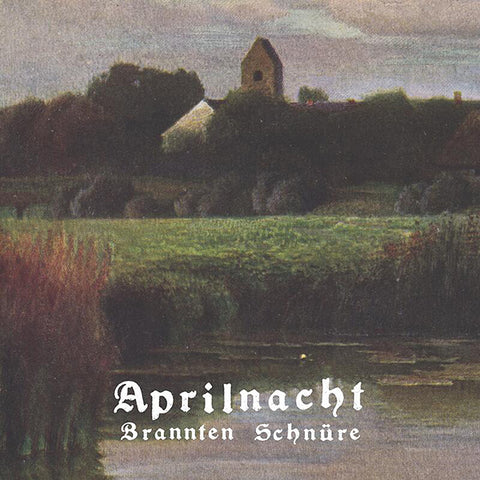Charlemagne Palestine - Strumming Music LP
$27.98
Label: Aguirre
The classic minimal music album, available again on vinyl for the first time since the '70s. Primed with a glass of cognac, Charlemagne Palestine sits at the keyboard of a Bösendorfer Imperial grand piano. One foot firmly holds down the sustain pedal while both hands perform an insistent strum-like alternation on the keys. Soon Palestine and his Bösendorfer are enveloped in sound and bathed in a shimmering haze of multi-colored overtones. For 45 minutes, this rich pulsating music swells and intensifies, filling the air. When Strumming Music first appeared on the adventurous French label Shandar during the mid-1970s, it seemed a straightforward matter to place Charlemagne Palestine in the so-called minimalist company of La Monte Young, Terry Riley, Steve Reich, and Philip Glass, whose work also featured in the Shandar catalog. Palestine too used a deliberately restricted range of materials and a repetitive technique, but as he has often pointed out in more recent times, the opulent fullness of his music would more accurately be described as maximalist. Strumming Music, recorded in Palestine's own loft in Manhattan, has no written score. In an age of recorded sound he still feels no need for traditional notation. The surging energy of this particular recording stands comparison with the improvising of jazz visionaries who impressed and inspired him while living in New York as a young man. But, as Palestine himself has made clear, primarily he brings to music-making the sensibility of an artist rather than a musician. Although the technique of the piece has roots in Palestine's daily practice, when a teenager, of playing the carillon at a church, hammering sonorous chimes from a rack of tuned bells, it also draws on his later work as a body artist, staging vigorously muscular, physically demanding and often reckless performances. In addition, Strumming Music can be heard as a sculptural tour de force, while its textures connect with the color moods, plastic rhythms, and tactile space of Mark Rothko's abstract expressionist canvases. Strumming Music remains the essential index of Palestine's singular creative vision. Fundamentally this fascinating piece is a collaboration between an artist and an instrument. Palestine had first encountered the Bösendorfer Imperial back in 1969. "The Bösendorfer at its best is a very noisy, thick molasses piano," he has remarked. Charlemagne Palestine embraced its clinging sonorousness, its clangorous resonance and out of that embrace came the voluptuous sonic fabric of Strumming Music.





